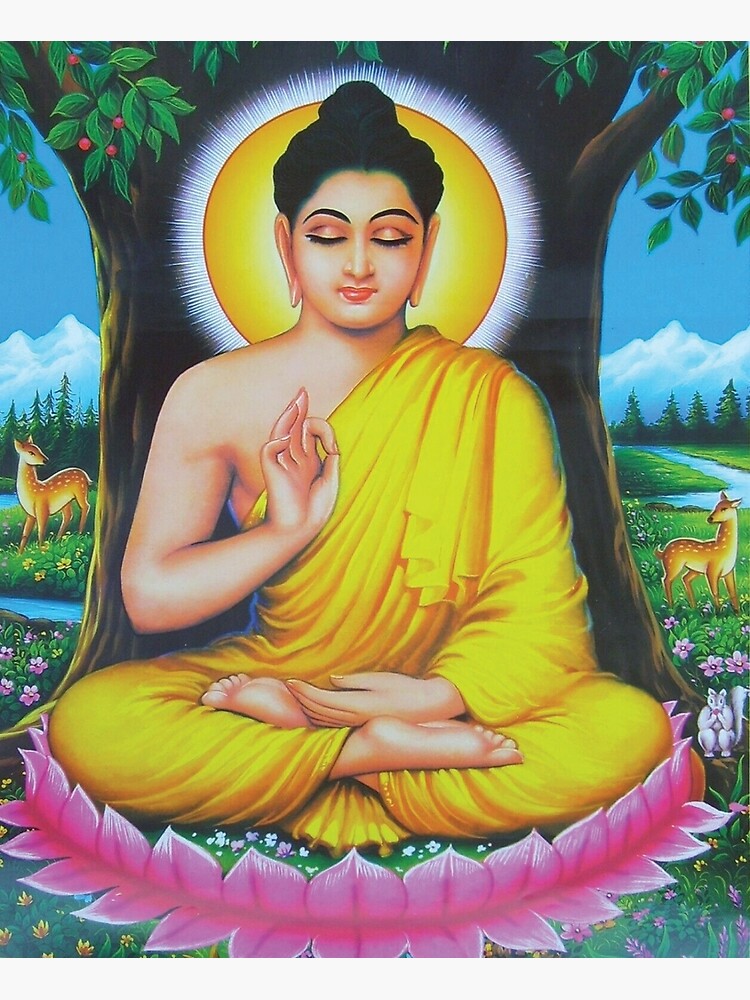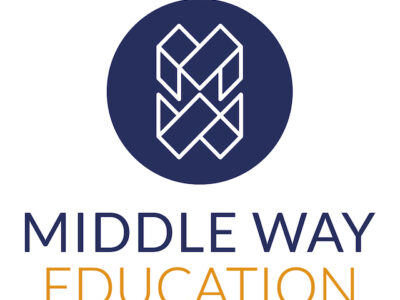MWE Framework
MWE Guiding Principles: A Way of Being in the World
About This Resource
Summary These nine principles are Middle Way Education’s north star, the highest level of intended student outcomes.
Age Range all
Contributor Middle Way Education
Topics principles
Download
Details
These nine principles are Middle Way Education’s north star, the highest level of intended student outcomes. They are the words of the Buddha and can be found in ancient texts. A student who moves through life guide by these enduring understandings:
- VIRTUE: Engage in virtuous actions, do not engage in non-virtuous actions. What this understanding elicits: Negative and unwholesome actions create obstacles to well-being and practice, positive actions create the circumstances for wellbeing and practice. Understanding the value of the five precepts and noticing the impact of our actions and thoughts, we make better choices.
- ANALYSIS: You must always analyze. Never accept something as true simply out of respect, fear, or indolence. What this understanding elicits: Critical thinking, research, respectful communication, inquiry, and debate help ensure that we are not swayed by external circumstances.
- MIND TRAINING: Taming your mind is essential to understanding and realizing the truth. What this understanding elicits: A tamed mind allows one to be present and aware and only then can wisdom arise.
- IMPERMANENCE: Everything is impermanent What this understanding elicits: Understanding and accepting impermanence, learning how to ride the waves of change, we develop deeper emotional resilience and an ability to meet the world with openness and flexibility.
- SELFLESSNESS: Self-cherishing breeds alienation; altruism leads to contentment. What this understanding elicits: Selfishness is one of the biggest obstacles to happiness. Cultivating altruistism and love and cherishing others builds genuine confidence and liberates us from clinging to the self, which is what drives all suffering.
- PERCEPTIONS: We cannot rely on perceptions alone. What can be seen, heard, and felt is limited. What this understanding elicits: Our perceptions help us appreciate and understand the world around us – seen and unseen – and safeguard us from delusion. But they are also limited and changing. Other beings may have differing yet valid points of view.
- KARMA: Everything arises from causes and conditions, and everything is subject to causes and conditions. Of all causes and conditions, the mind is supreme. What this understanding elicits: Understanding the law of cause and effect (karma), we see the complexity of life, which can lead to cultivating compassion. We also see how our intentions and thoughts have a significant impact on the outcomes of our actions.
- REFUGE: You are your own refuge, no one else can liberate you. What this understanding elicits: We are responsible for our experience and flourishing. With discernment, resilience, self-reliance, we are able to be in the world but not get swayed by it.
- LIBERATION: True liberation beyond extremes is possible in this lifetime. What this understanding elicits: There are many levels of extreme dualistic thinking and by peeling them away one by one, we come to understand the illusory quality of being human. This can help counter the types of extremism that create war and threaten human existence.




